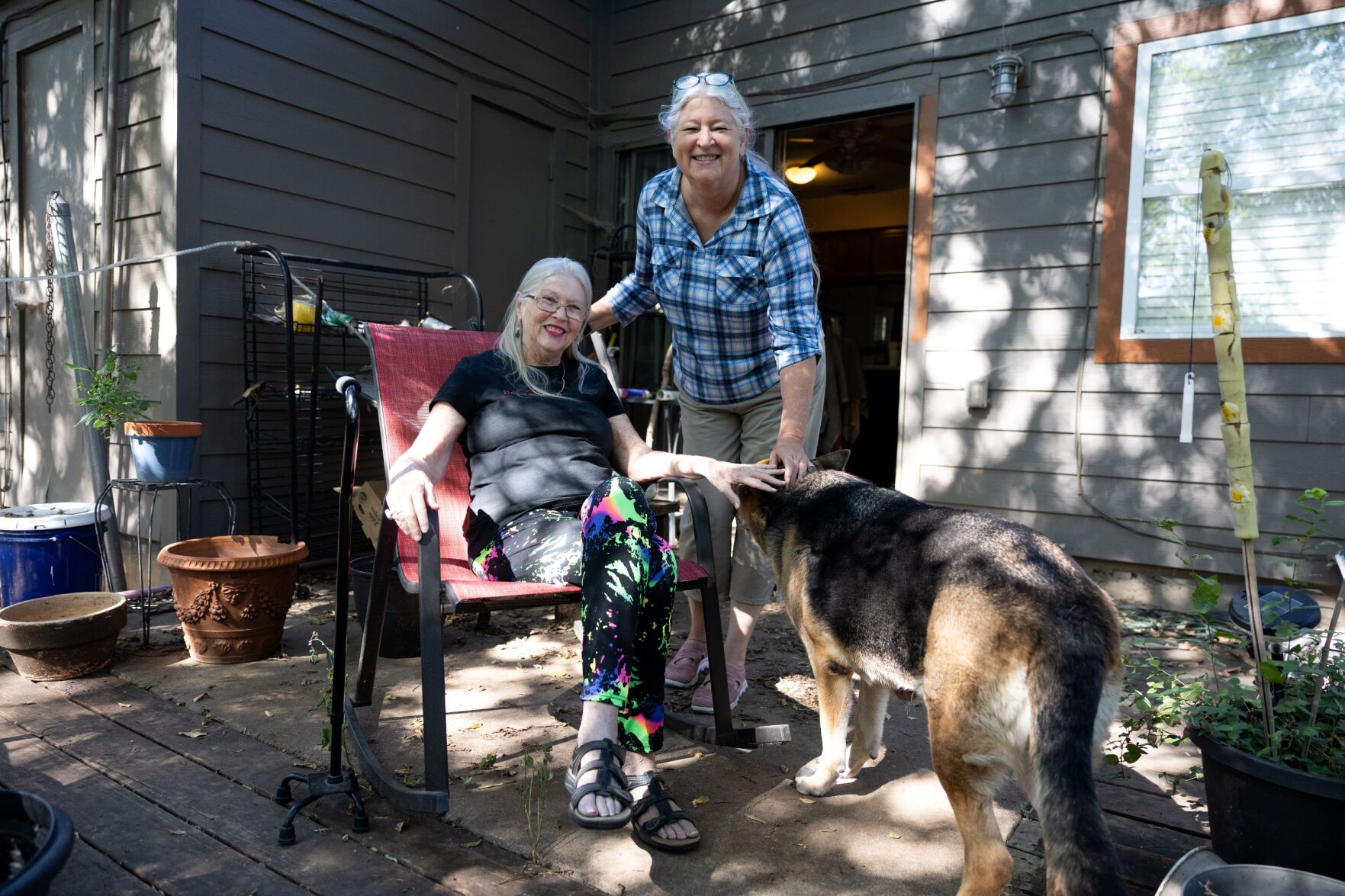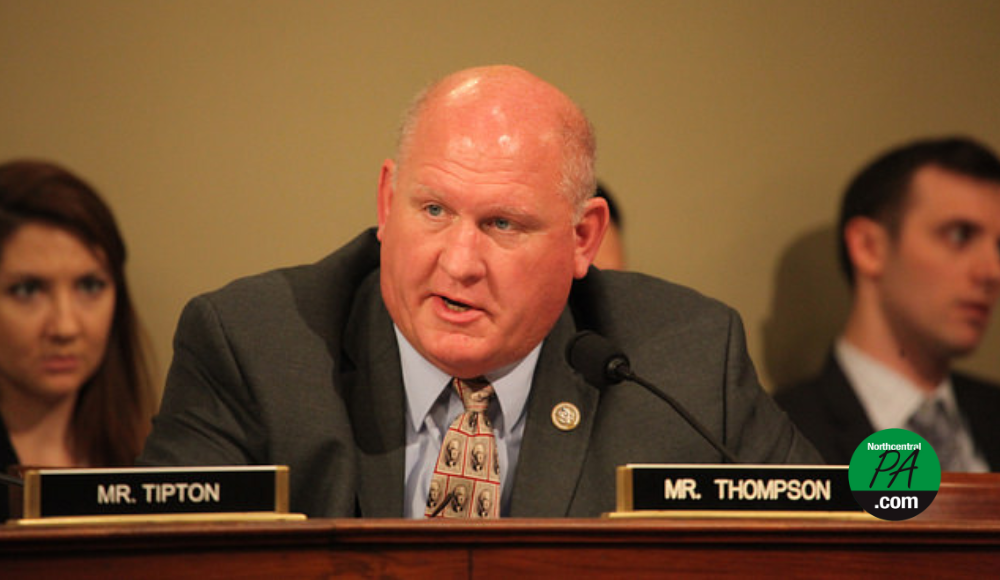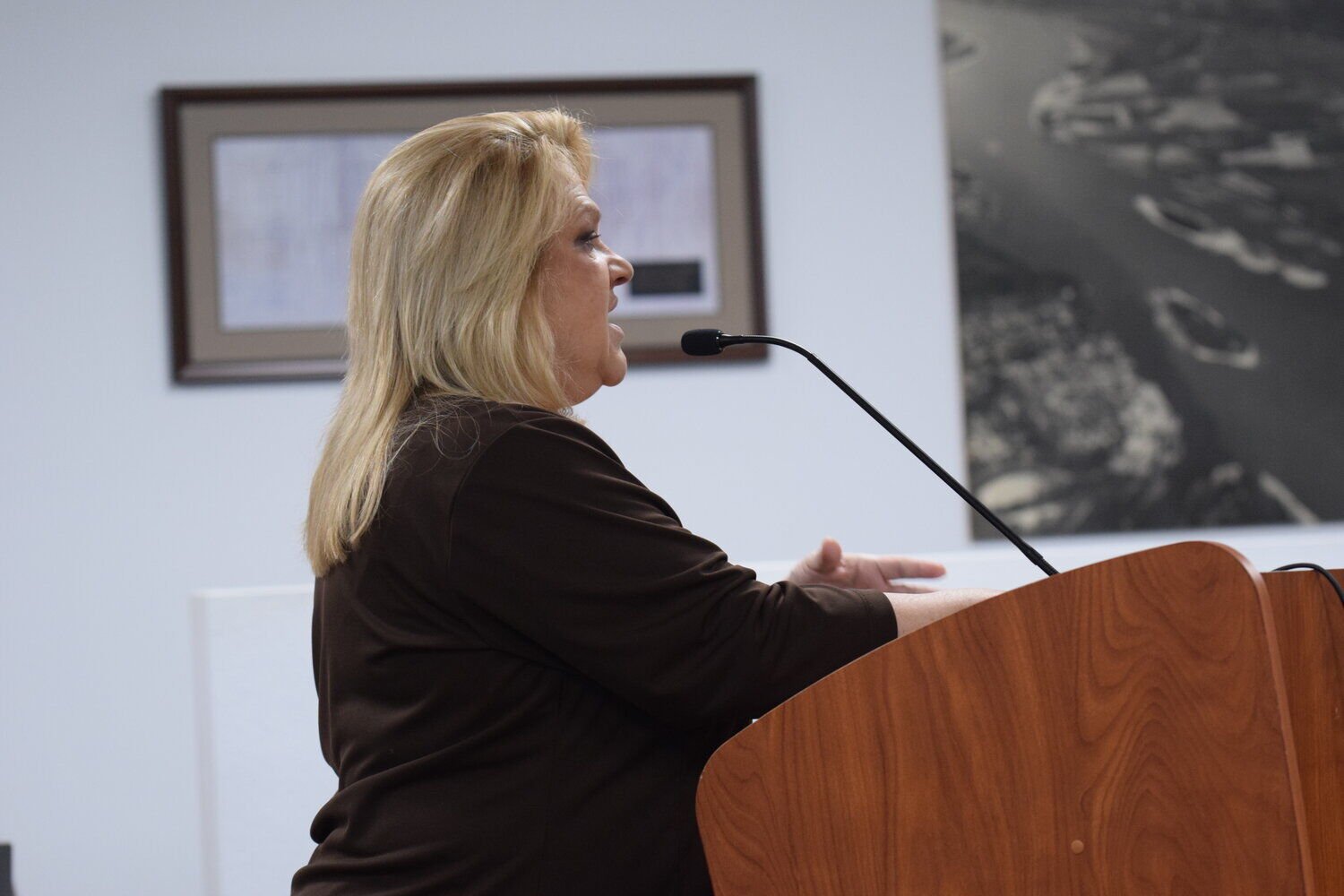Texans are poised to decide whether to allocate $3 billion to dementia and Alzheimer’s research. A personal account from a former librarian, once famed for her quick mind, reveals how deeply these diseases affect the lives of individuals and their families.
Texas voters will decide whether to fund $3 billion in dementia and Alzheimer’s research

Key Takeaways:
- Texas voters will decide on a $3 billion funding proposal for dementia and Alzheimer’s research.
- This decision marks a significant public commitment to addressing memory-related illnesses.
- Vicki Matthews’s story illustrates the human impact of dementia and the need for broader solutions.
- The ballot reflects a growing awareness of how Alzheimer’s and dementia affect communities.
- The article highlights a real-life example that underscores the urgency of research funding.
A Funding Proposal with Major Implications
Texas is on the cusp of a pivotal decision: whether to fund $3 billion in dementia and Alzheimer’s research. The ballot question underscores a growing public emphasis on finding new and more effective ways to tackle conditions that affect millions of Americans each year.
A Personal Glimpse into Memory Loss
Vicki Matthews, a longtime librarian known for her wit and appreciation for words, began to experience forgetfulness about a decade ago. Her family grew concerned as she misplaced items more frequently and found it harder to recall details. Though just one story among many, Matthews’s experience highlights why research funding holds urgency for countless families.
Why This Vote Matters
Supporters of the measure believe a large-scale investment is essential to fueling breakthroughs in treatment and care for those with dementia and Alzheimer’s. By placing the question before voters, Texas has positioned itself as a potential leader in the fight against these debilitating illnesses.
Looking Ahead
The fate of this proposed $3 billion rests on the upcoming vote. For families like the Matthewses, the decision holds real hope that increased research may lead to better interventions, improved care, and, one day, a cure. As Texans head to the polls, they carry with them the stories of individuals whose lives and futures hang in the balance.











